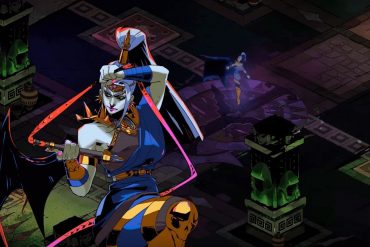…a Call of Duty, Final Fantasy, or GoldenEye riff here. Instead the stories derive from games most fans would rather steamroll into oblivion. Alien Monster Bowling League, Bob the Builder: Festival of Fun, Burger Island, and Barbie Island Princess. Games like these are directly responsible for the stereotyped shovelware that’s larded the Wii’s game library, forming an apocryphal corpus that only the lowing casual player could be tricked into buying.
At the Second Person Shooter blog, Laura Michet talks about the lessons she took away from running an ARG game called ‘Humans vs. Zombies’. It comes in two…







